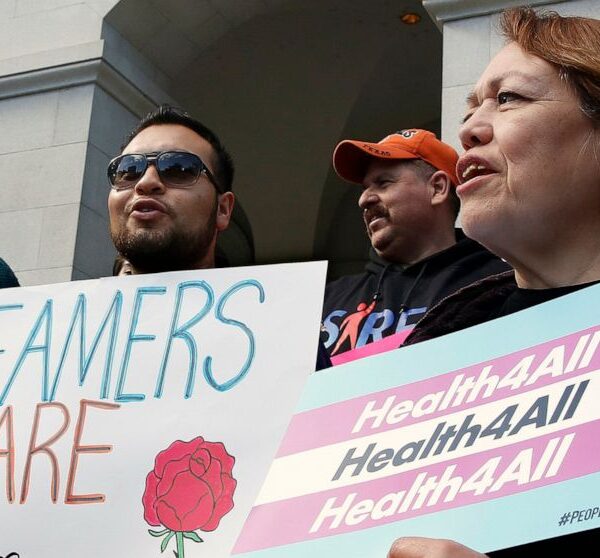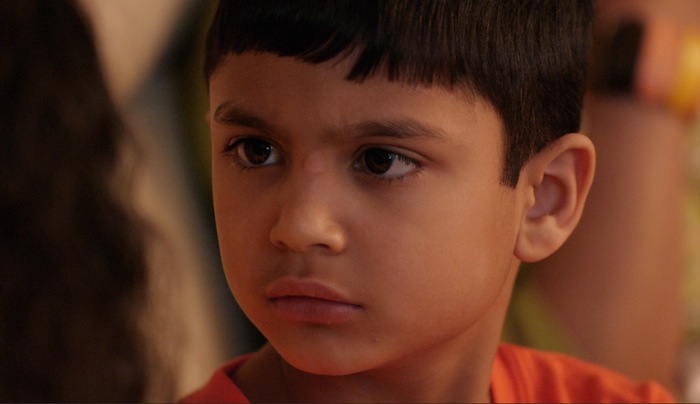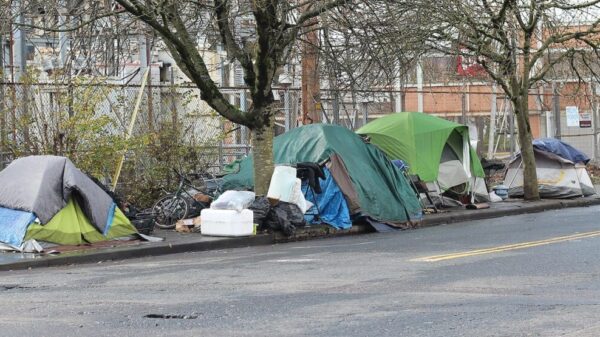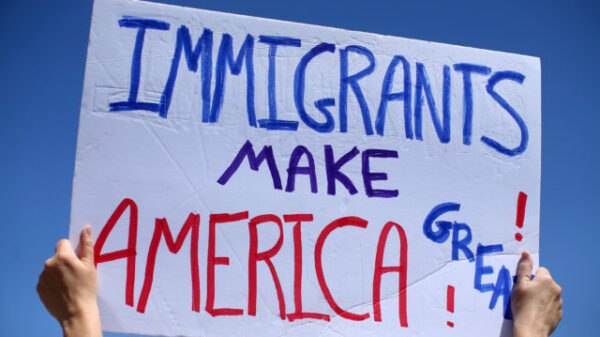Magazine, Immigration, ByCarolyn Bernucca
The news of 21 Savage’s detainment by the Immigration and Customs Enforcement (ICE) on Feb. 3 elicited a range of reactions.
Most expressed outrage and heartbreak, some made jokes, and others responded with misguided apathy. Citing the thousands of voiceless immigrants who are detained by the U.S. government every single day, the latter portion suggested that paying special attention to 21 Savage’s case took away from those without flourishing rap careers and wealth, whose stories go untold. The point is not entirely unfair: In the fiscal year 2018, ICE held over 42,000 people in their custody every day—very few of whom were featured on the front pages of news outlets.
As we celebrate the release of 21 Savage on Wednesday, Feb. 13, it is important to remember that he is not unique. Thousands of fathers, mothers, and children are being held in the same conditions, and facing the same hurdles, every single day, without the benefits of international stardom. As reported by CBS News, a study by Syracuse University’s Transactional Records Access Clearinghouse (TRAC) reveals that between October and November of 2018, immigration judges released just 43 percent of undocumented immigrants on bond. Overall in 2018, just 23.5 percent of undocumented immigrants from the United Kingdom, like 21 Savage, were released on bond.
“[ICE] is trying to intimidate communities of color, and immigrants especially,” Daniela Gaona, a student at Johns Hopkins University, whose mother was deported in June 2018, tells Complex. “I think [with 21 Savage] they’re trying to say, ‘It doesn’t matter how much money you have, how much impact you’ve made on your community, how acclimated you are to the culture.’ You could be Mother Theresa, and ICE will still try to deport you if you weren’t born here.”
Gaona is all too familiar with ICE and our broken immigration system. Born in Colombia, she traveled to Miami with her mother when she was nine years old, originally intending to visit family. But when their plane landed, Gaona, who had been spending time with relatives while her mother was being treated for cancer, revealed that she had been suffering sexual abuse at the hands of a relative, and did not want to return to their home country. Her mother took their arrival in Miami as an opportunity to start fresh and protect Gaona from further harm, and decided to stay in the states, settling in Jacksonville, Florida.











